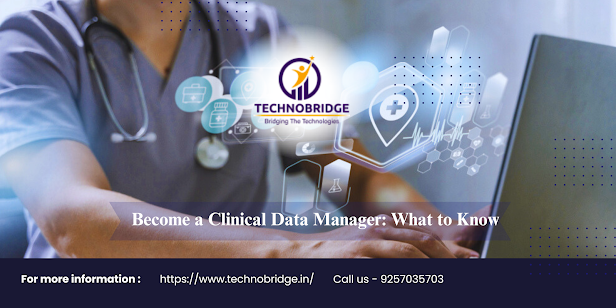What Are the Top Issues in Pharmacovigilance and How Can They Be Overcome?
Pharmacovigilance
encompasses the scientific and operational activities associated with the
identification, evaluation, comprehension, and prevention of adverse effects or
any drug-related issues, serving as a vital element of drug safety.
Nonetheless, this domain encounters numerous challenges that may impede its
efficacy. It is essential to examine some of the most significant obstacles and
consider possible solutions.
Key Challenges in
Pharmacovigilance
Underreporting of Adverse Drug
Reactions (ADRs):
A
considerable number of ADRs remain unreported, complicating the accurate
evaluation of drug safety profiles.
Data Quality and Standardization:
Variability
in data formats and quality across diverse sources can obstruct data analysis
and signal detection.
Real-World Evidence (RWE) Utilization:
Effectively
leveraging RWE for safety monitoring is intricate and necessitates robust
methodologies.
Big Data Management:
Data management is a critical challenge in contemporary pharmacovigilance.
The exponential growth and complexity of data from diverse sources, such as
electronic health records (EHRs) and social media, pose significant hurdles in
data processing and analysis.
Regulatory Compliance:
Adapting
to changing regulations and guidelines can be resource-intensive and
time-consuming.
Resource Constraints:
Insufficient
personnel, budget, and technological infrastructure can impede the
effectiveness of pharmacovigilance operations.
Patient Engagement:
Engaging
patients in pharmacovigilance is essential yet challenging due to various
factors.
Overcoming the Challenges
To
address these challenges, a comprehensive approach is required, incorporating
technological innovations, regulatory collaboration, and patient empowerment.
Underreporting of ADRs:
Increase
awareness among healthcare professionals and patients regarding the
significance of ADR reporting.
Streamline
reporting processes through user-friendly platforms.
Establish
incentive pharmacovigilance
education programs to encourage reporting.
Utilize
social media to promote patient reporting.
Data Quality and Standardization:
Create
and implement standardized data formats and terminologies.
Establish
rigorous data cleaning and validation procedures.
Conduct
regular training sessions for stakeholders involved in data collection and
reporting.
Regularly
perform audits to ensure data quality.
Big Data Management:
Employ
sophisticated analytics and artificial intelligence to derive meaningful
insights from extensive datasets.
Invest
in a strong data management framework.
Encourage
collaboration between data scientists and experts in pharmacovigilance.
Real-World Evidence (RWE)
Utilization:
Establish
stringent methodologies for the analysis of RWE.
Partner
with academic institutions and healthcare providers to obtain and evaluate
RWE.
Allocate
resources for data integration and analytical tools.
Regulatory Compliance:
Remain
informed about regulatory updates through ongoing surveillance.
Adopt
comprehensive compliance management systems.
Consult
with regulatory
bodies for guidance.
Resource Constraints:
Focus
pharmacovigilance efforts based on risk evaluations.
Enhance
processes and workflows to boost efficiency.
Utilize
technology to automate routine functions.
Consider
outsourcing non-essential tasks.
Patient Engagement:
Create
user-friendly platforms for reporting adverse drug reactions (ADRs).
Inform
patients about the significance
of pharmacovigilance.
Form
patient advisory boards to collect insights and feedback.
At
TechnoBridge, we take great pride in delivering best pharmacovigilance courses
in Pune, meticulously designed to equip participants with extensive knowledge
and practical experience in drug safety and risk management. Our
well-structured programs encompass all essential elements of pharmacovigilance,
such as signal detection, adherence to regulatory standards, and sophisticated
data management methodologies. Whether you are embarking on your professional
journey or looking to elevate your expertise, our courses provide a thorough
curriculum tailored to the requirements of professionals at all stages of their
careers. Join us in Pune to acquire practical insights, remain informed about
industry developments, and refine your skills through the foremost pharmacovigilance
training available. For those seeking the Top pharmacovigilance
courses in Pune, TechnoBridge offers unparalleled quality and expertise to
help you advance your career in drug safety.
The Future Ahead
Pharmacovigilance
is a dynamic field that necessitates ongoing adaptation to new challenges and
opportunities.
By
tackling the aforementioned issues and embracing technological innovations, the
sector can improve drug safety, safeguard public health, and foster trust with
patients.
Collaboration
among regulatory bodies, healthcare providers, pharmaceutical firms, and
patients is crucial for realizing these objectives. A unified effort to enhance
data quality, utilize RWE, and empower patients will be vital in creating a
safer pharmaceutical environment.



.png)
Comments
Post a Comment